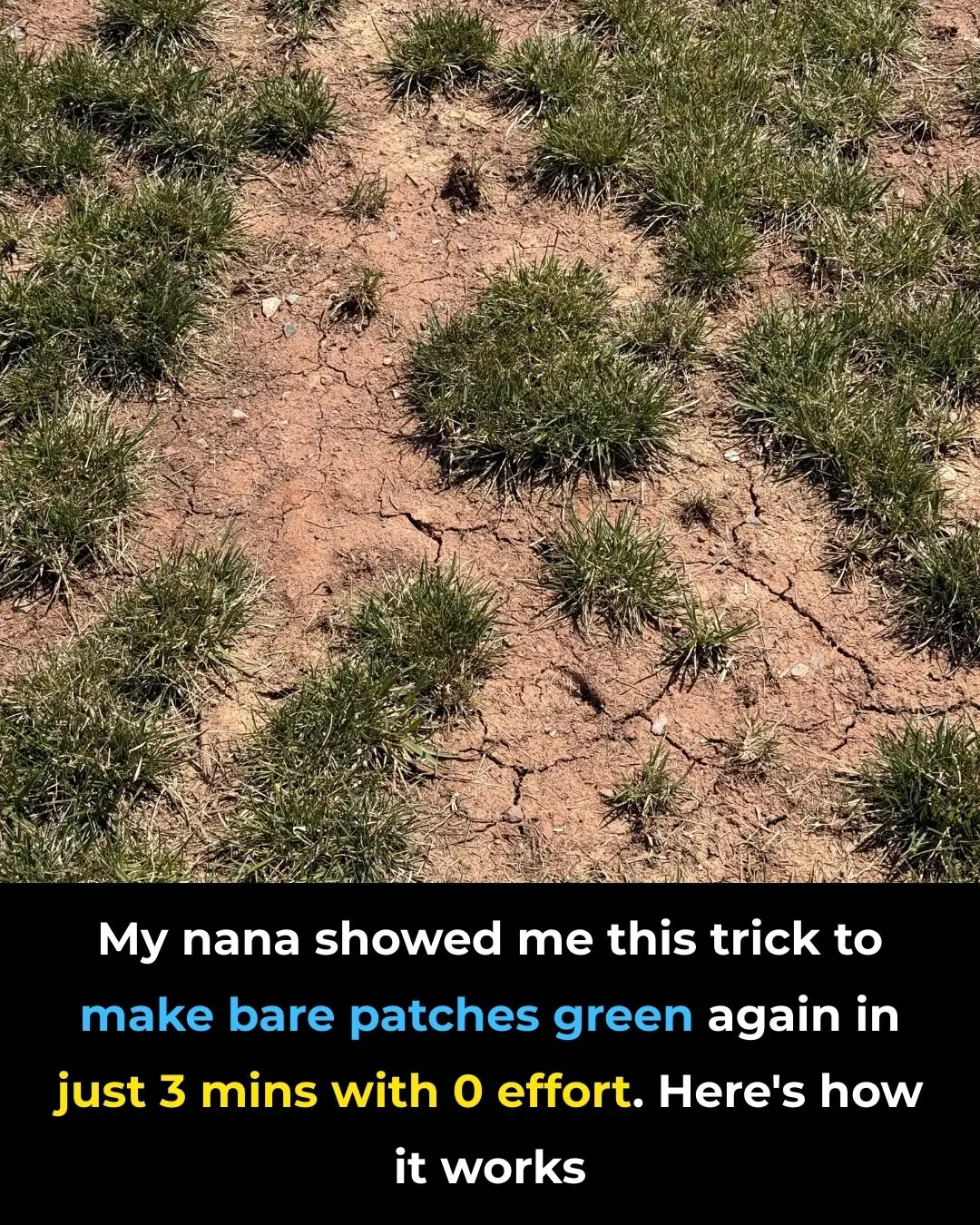
Water Pepper — The Plant That Parasites Fear
Known in Vietnam by many names such as Nghể răm, Răm nước, or Thủy liễu, Polygonum hydropiper (commonly called Water Pepper) has long been recognized in traditional medicine for its strong anti-parasitic, anti-inflammatory, and detoxifying effects. Modern research is now validating what ancient healers already knew: this humble wetland plant contains powerful compounds that can repel and destroy parasitic worms and larvae — making it one of nature’s most underrated protectors (Journal of Ethnopharmacology, 2021; Frontiers in Pharmacology, 2023).
Botanical Description
Water Pepper is an annual herb reaching 20–70 cm tall. Its slender stems branch frequently and bear lance-shaped leaves with a faint “V” mark on the surface. The plant produces slender drooping spikes of reddish flowers from September to December, followed by glossy oval fruits. It thrives in moist environments such as rice paddies, stream edges, and wet ditches, growing vigorously during the rainy season (Flora of Vietnam, 1997).
Distribution and Ecology
Belonging to the large Polygonum genus, Water Pepper is widespread across tropical and subtropical Asia, extending to parts of Europe. In Vietnam, it is found throughout the country, from lowland plains to upland regions below 500 meters. The plant prefers sunlight and damp soils and is often considered a weed by farmers — though its medicinal value far outweighs its reputation (Vietnamese Medicinal Plants, Võ Văn Chi, 1996).
Chemical Composition
The whole plant is rich in flavonoids (2–2.5%), notably quercetin, kaempferol, rutin, and hyperoside, which contribute to its potent antioxidant and anti-inflammatory properties. It also contains essential oils (0.3–0.35%), tannins, organic acids (formic, acetic, valeric, malic), vitamin K, and sesquiterpenes like polygodial, known for its strong antimicrobial and anti-parasitic activity (The Wealth of India, Vol. VIII, 1969; Phytochemistry Reviews, 2020).
These compounds have been shown to disrupt the metabolism of helminths (worms) and insect larvae, making P. hydropiper effective against intestinal worms, fleas, and skin parasites — explaining why dogs and cats tend to avoid the plant’s smell.
Pharmacological Properties
Scientific studies confirm multiple therapeutic effects of Water Pepper:
-
Anti-parasitic and antibacterial: Extracts inhibit bacteria and kill parasite larvae within 72 hours of exposure (BMC Complementary Medicine and Therapies, 2022).
-
Anti-inflammatory: Flavonoids suppress cytokine release, helping manage allergic reactions and inflammatory conditions.
-
Diuretic and detoxifying: Promotes urination and supports liver and kidney function.
-
Reproductive effects: In animal trials, root extracts delayed ovulation and prevented conception, supporting its traditional use as a natural contraceptive in India (Indian Journal of Natural Products, 2021).
However, when consumed excessively, it may irritate the digestive tract in livestock and humans, so moderation is advised.
Traditional and Folk Uses
For centuries, Water Pepper has been used in Vietnam, China, and India as a natural remedy for:
-
Intestinal worms and parasites (both human and animal)
-
Rheumatism and muscle pain
-
Snake bites (as an adjunct to first aid treatment)
-
Dysentery and diarrhea
-
Skin conditions like scabies and eczema (via topical wash)
Typical preparation methods include boiling the fresh or dried plant to make a decoction, or grinding the fresh leaves with salt and applying them directly to affected skin areas.
Example Remedies
-
For parasitic infections:
Boil 30g of dried or 60g of fresh Water Pepper in 500 ml of water. Drink the strained liquid twice daily for three days. -
For skin itching or scabies:
Boil 100g of the fresh plant, use the water to bathe, and apply the residue to the affected skin. -
For snake bites (folk use):
Crush 25 shoots of Water Pepper with 25 leaves of Phèn đen and a small piece of tobacco. Add a bowl of boiled water, strain, and drink in three portions per day. Apply the residue to the wound.
Conclusion
Polygonum hydropiper is far more than a swamp weed — it’s a botanical powerhouse that protects against parasites, infections, and inflammation. As modern pharmacology continues to uncover its bioactive components, this once-overlooked herb is earning renewed respect as a valuable resource for sustainable, plant-based medicine (National Library of Medicine, 2024).
In essence, Water Pepper deserves recognition not only as a traditional anti-parasitic herb but as a modern scientific discovery waiting to be fully appreciated.
News in the same category


You're Doing It All Wrong. Here’s the Right Way to Store Leftovers (Expert-Approved Guide)
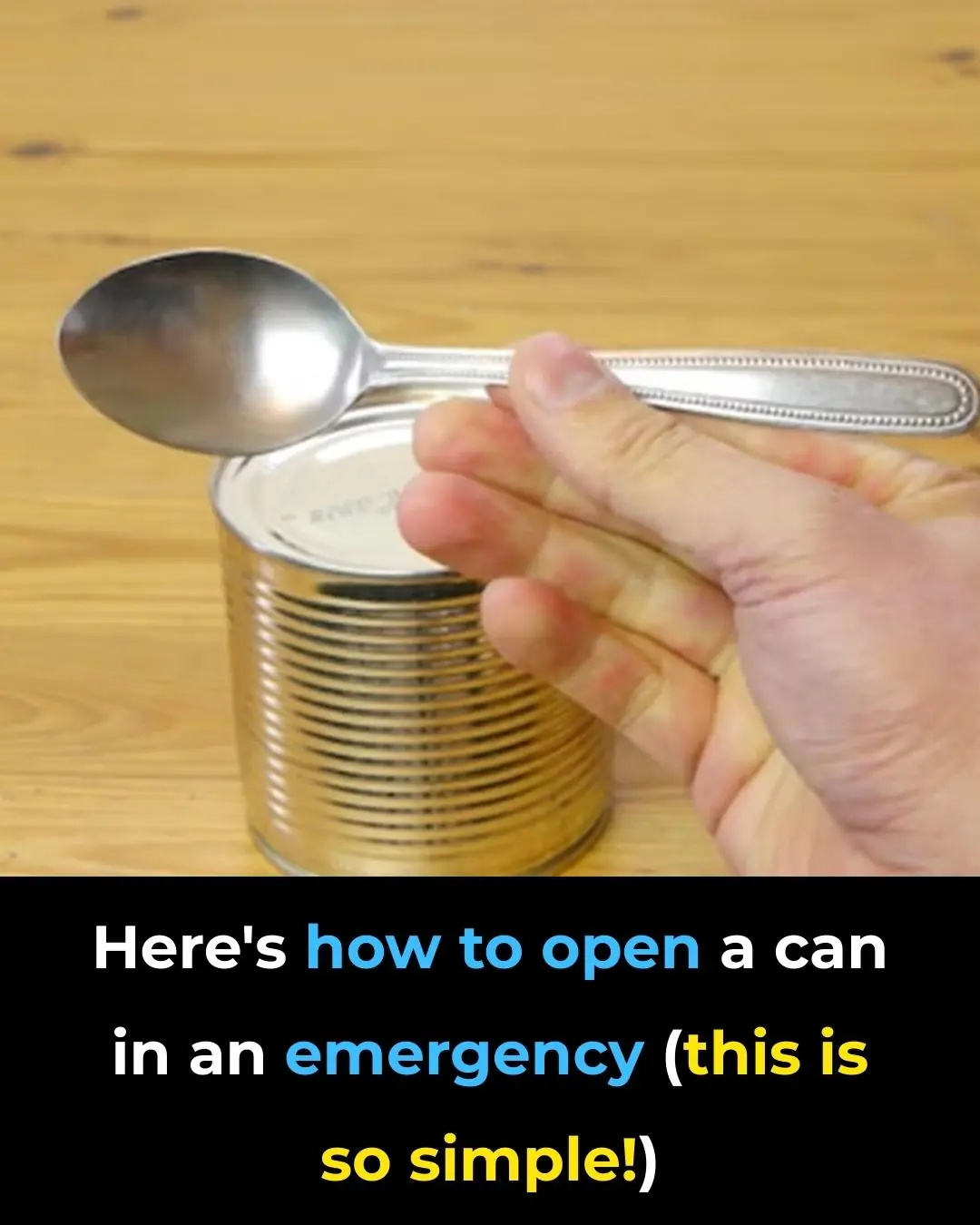
How to Open a Can in an Emergency (It’s Easier Than You Think!)

How To Detox Each Organ To Reset Your System
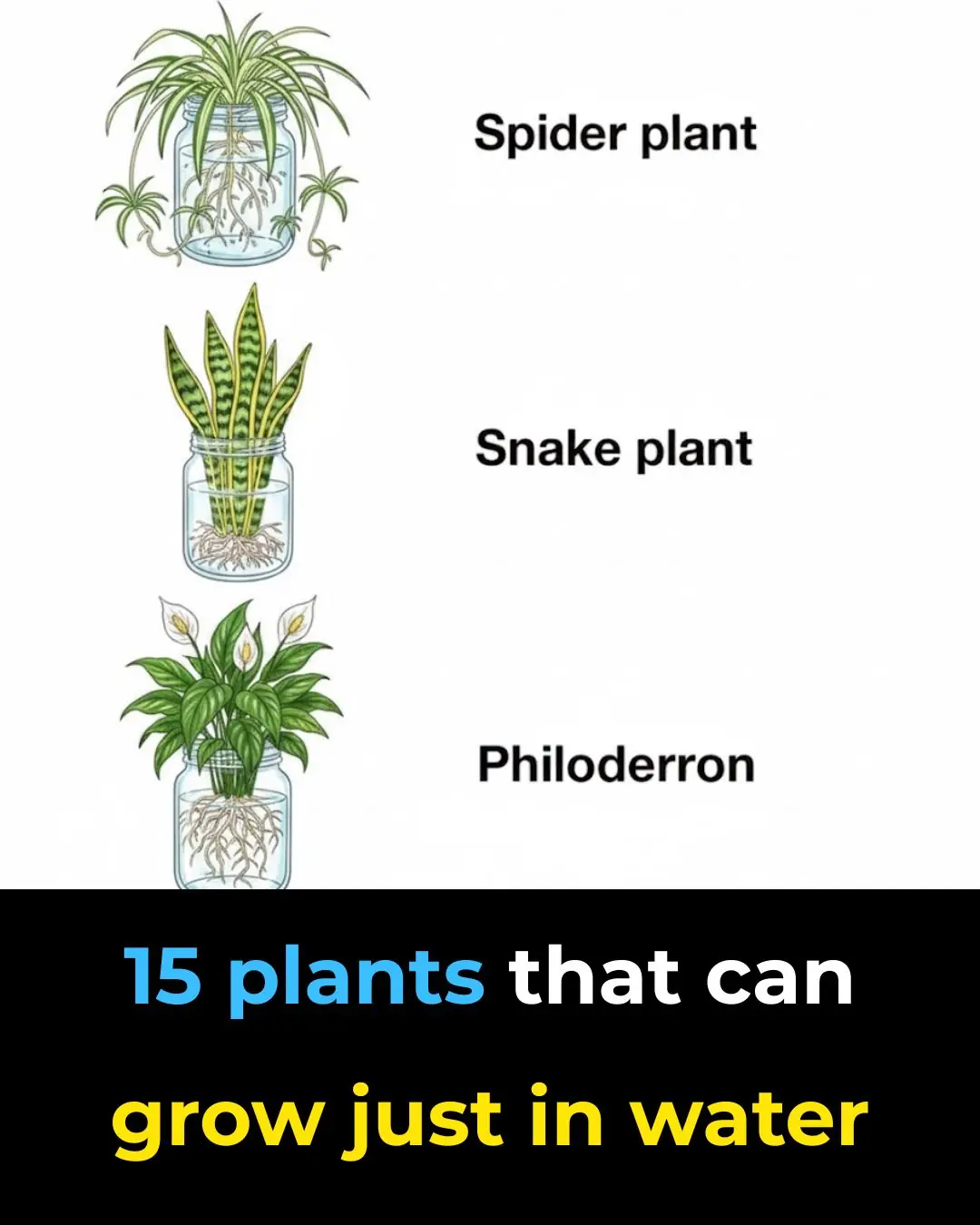
15 Plants That Can Grow Easily in Water — A Beautiful, Soil-Free Way to Green Your Home

Most people get this wrong and toss out the can. Here’s the right way to read ‘Best By’ or ‘Best Before’ dates

I Had No Idea! The Remarkable Story of the Stone Breaker Plant

Stop throwing out old hoses — 10 brilliant hacks to use them around the house

This Method Is So Brilliant — I Wish I’d Thought of It Sooner!

A Medical Miracle From Japan: How Stem Cells Helped a Paralyzed Man Walk Again

The Fungus That Eats Radiation — And May Help Humans Survive in Space

Doctors in the U.S. reveal how to eliminate pesticides and dirt from your fruits — just a few simple steps can protect your whole family

You’re thawing your meat the wrong way. These 4 common methods are actually breeding grounds for bacteria — and can make your whole family sick

You’re drinking the wrong thing. Here’s the “golden drink” that protects your heart — especially if you sit all day
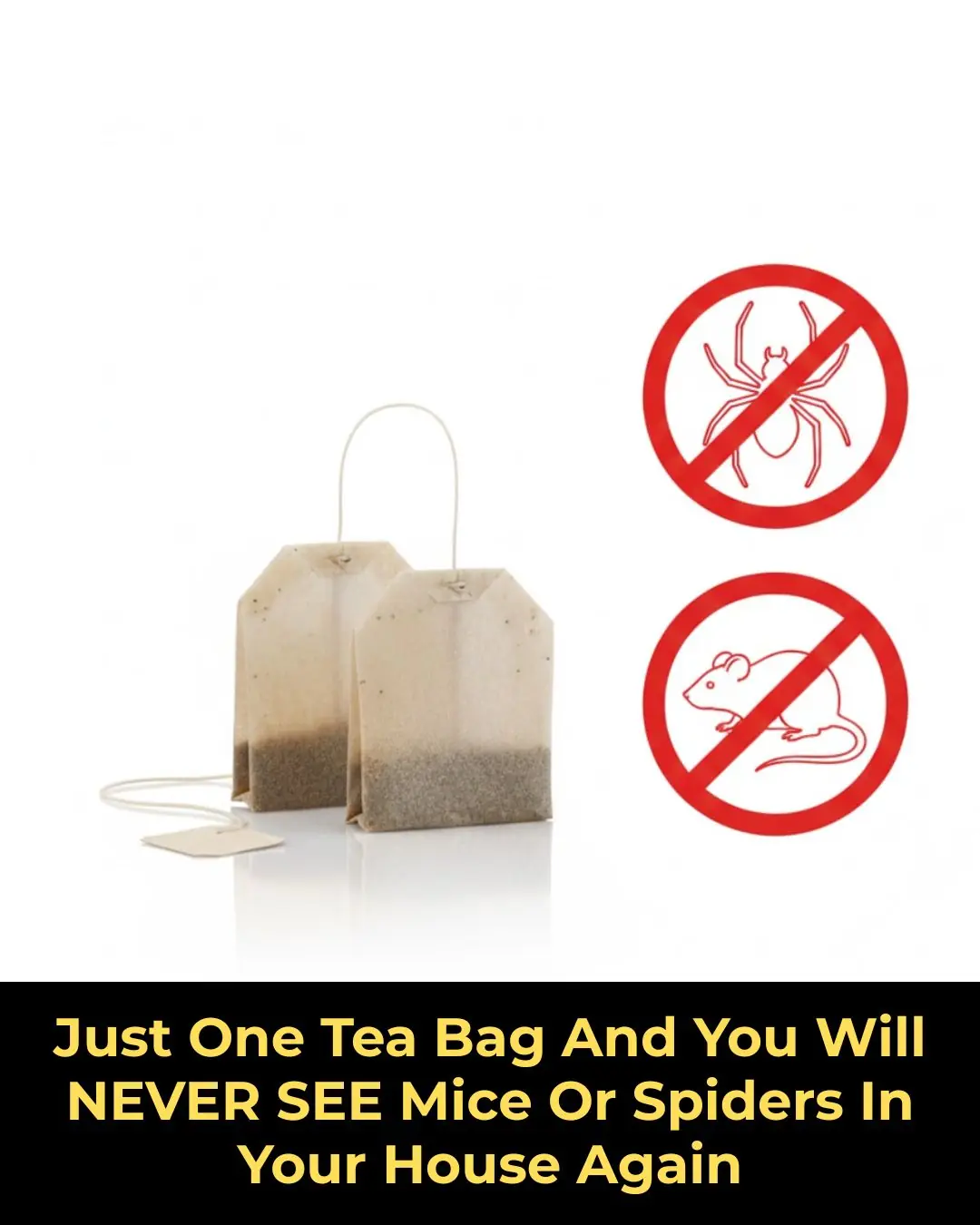
Can a Tea Bag Really Keep Mice and Spiders Away

Why are some window bars curved at the bottom
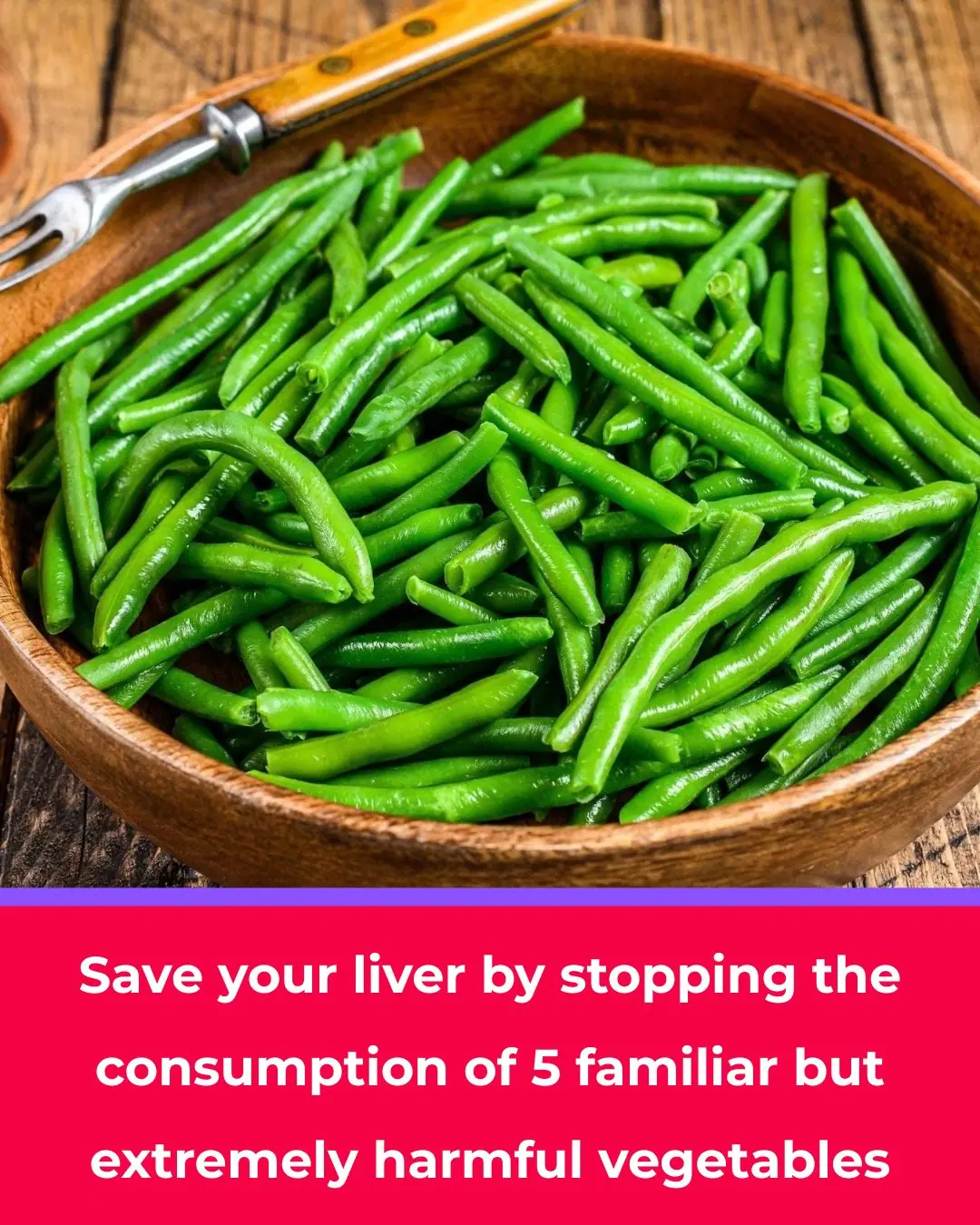
It’s time to SAVE YOUR LIVER by cutting out these 5 everyday vegetables that can silently cause serious harm

Most folks mess this up. The right way to grow clematis on a trellis

I had no idea this tiny fabric square had such an important purpose

You’re Handling Motion Sickness All Wrong. Here Are 8 Instant Ways to Beat It Without Medicine
News Post

Gray Wolves: The Remarkable Lifelong Bond Between Mates and Their Role in Pack Survival

Sebastian Errazuriz’s Robotic Dogs: A Satirical Commentary on Tech Billionaires and the NFT Market

Voyager Spacecraft: A 40-Year-Old Marvel of Engineering Exploring Interstellar Space

High-Dose Nifedipine Linked to Increased Risk of Sudden Cardiac Arrest, New Study Suggests

How the U.S. Escaped Hurricane Landfalls in 2025

Ancient Shark Fossils Unearthed in Mammoth Cave Rewrite 325 Million Years of Evolutionary History

Powerful Health Benefits of Pineapple You Should Know

How an Italian Police Lamborghini Huracán Helped Save Lives by Delivering Kidneys Across Italy

Can Spinal Screws Push Through the Skin? Understanding a Rare but Serious Post-Surgery Complication

Why the Tongue Is One of the Most Important Organs in the Human Body

What You Do First in This Scenario

The Surprising Health Benefits of Sleeping in a Cold Room

A 4-Minute, Zero-Effort Hack to Clean Grill Gunk – The Simple Trick My Nana Taught Me

High Blood Sugar Warning Signs

🥚 A Look at How Certain Boiled Egg Habits May Affect Your Heart Health

Small Steps, Big Impact: How 4,000 Steps a Day Can Transform Your Health

🌿 Clove Water Sitz Baths for Women: A Gentle Guide to Hygiene and Comfort

What Happens to Your Body When You Eat Canned Tuna Every Day

17 Warning Signs Your Liver Is Crying for Help
